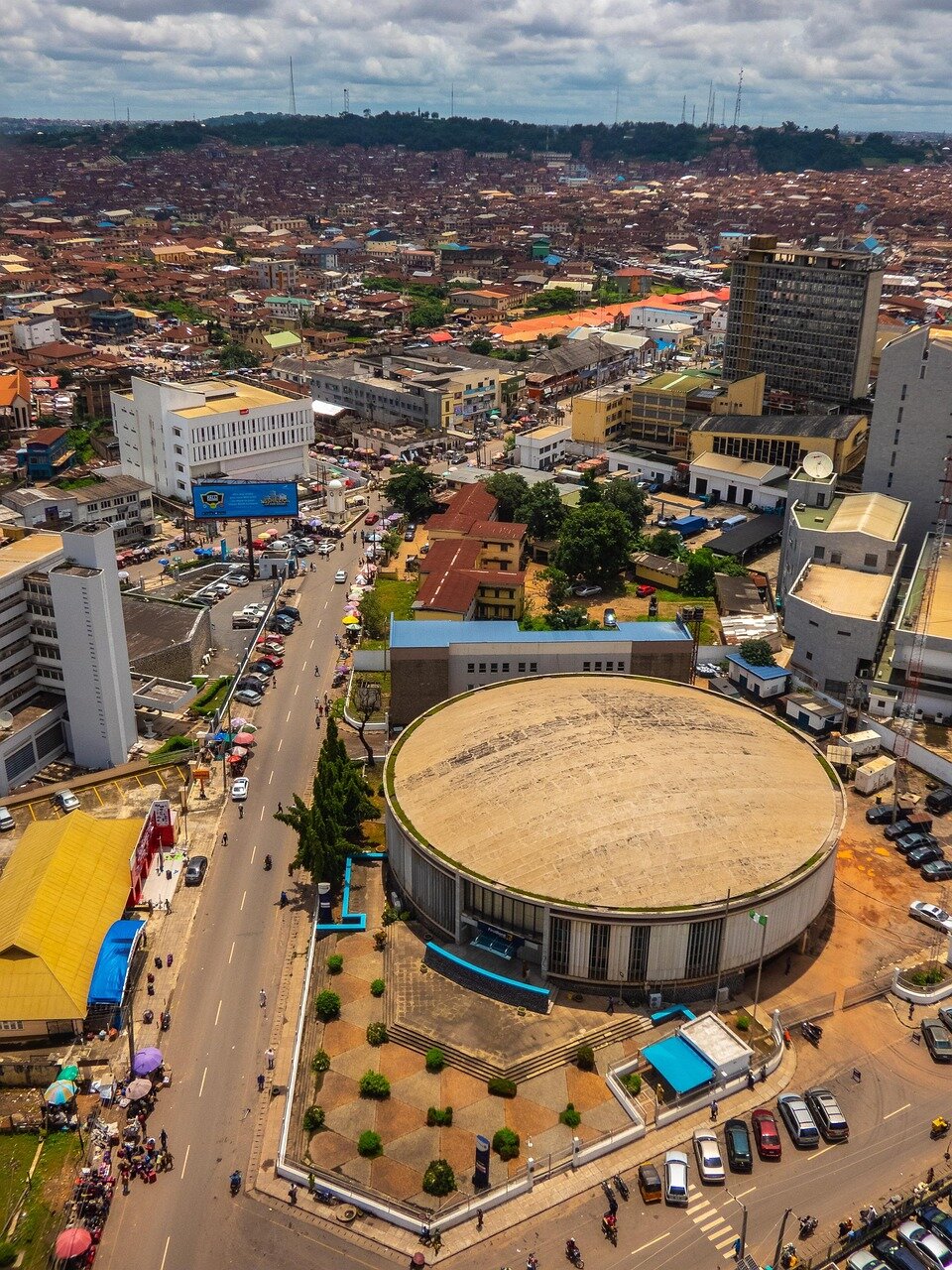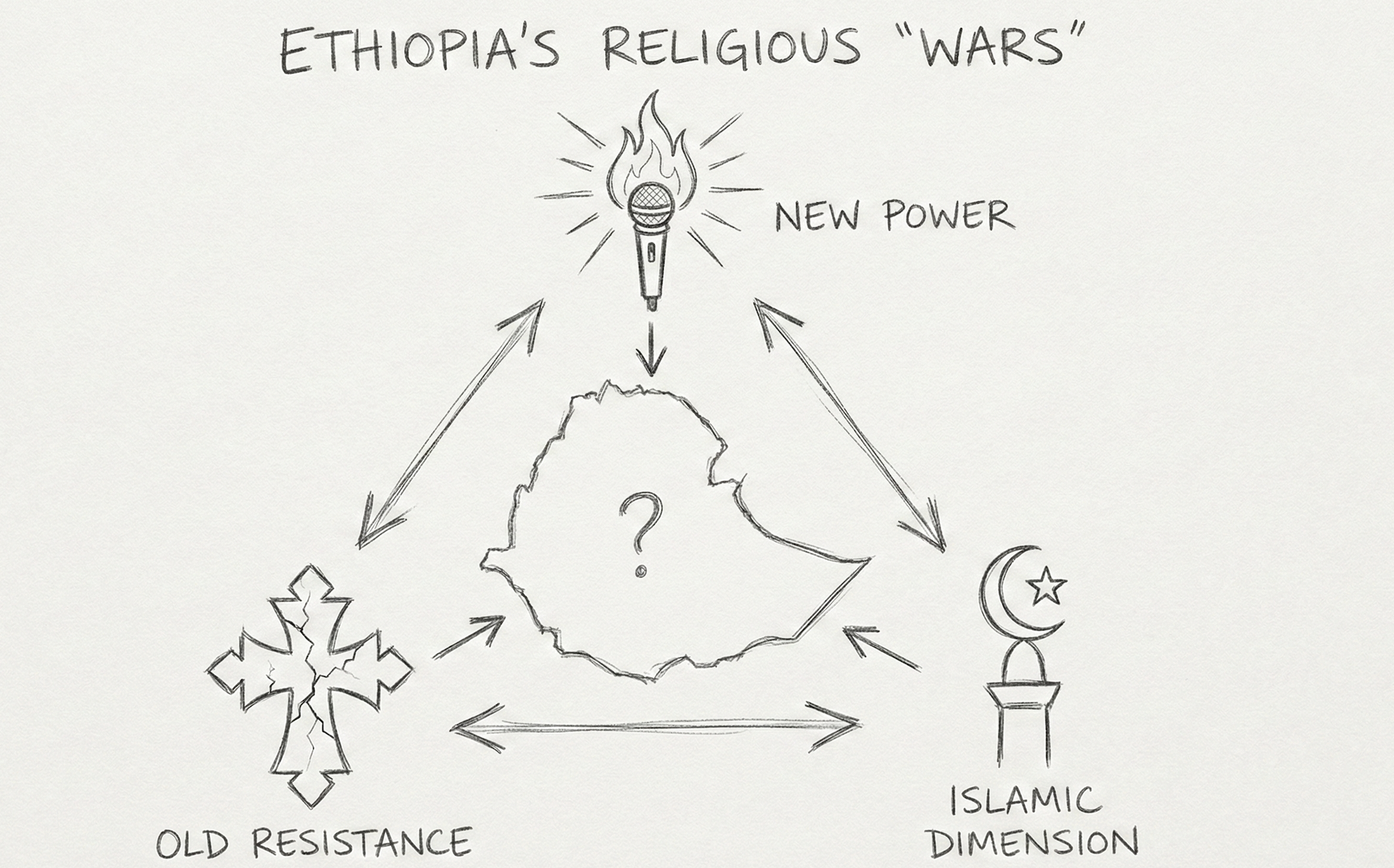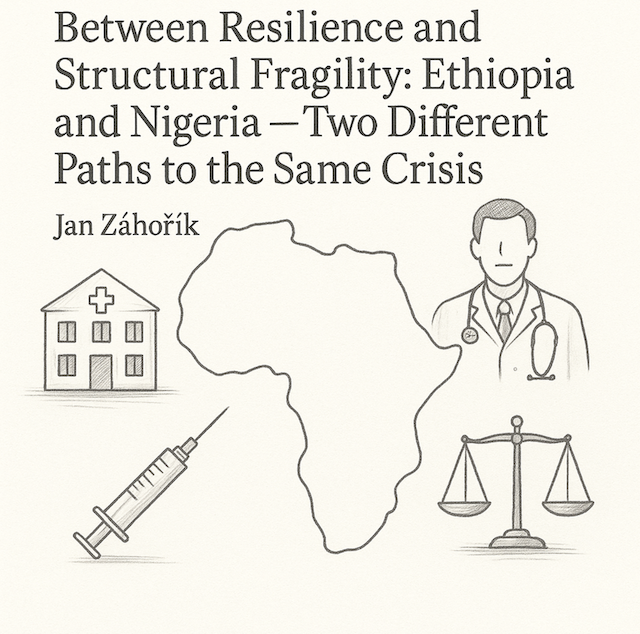
Although in recent years we have often heard reports of the success of General Haftar in his campaign for the political unification of Libya, there is still no desired end to these efforts. At the beginning of 2022, his troops stood outside the gates (or rather in the suburbs) of Tripoli. As it might have seemed, the capital was to fall within days, later weeks, finally months. However, the result is a deadlock. And so this state is still reeling in confusing chaos, as it has been with the various fluctuations of the last 11 years. The roots of the current destabilization of this state can be dated back to the beginnings of the uprising in 2011. The main catalysts for the emergence of the revolution were demonstrations of the population, which took place for several reasons:
a) Collapse of the economy of the rentier state, which guaranteed artificial employment. In response, there has been an increase in unemployment, especially among young people.
b) the backwardness of the eastern region called Cyrenaica,
c) a domino effect related to the outbreak of the Arab Spring in neighboring countries with demands for the democratization of the country.
The sharp crackdown by Gaddafi's forces spurred the creation of many local councils and armed groups.
An important figure in the revolution and the subsequent events is undoubtedly Mustafa 'Abdul Jalil, who previously served in the Gaddafi government as Minister of Justice. Even before the Arab Spring, he was known for his contradictory views, for which he was not very popular. In February 2011, he was sent to Benghazi to calm the protesters. Here, however, he submitted his resignation on February 21 and joined the side of the protesters. On February 27, the exiled opposition founded the Provisional National Council (TNC), and Mustafa 'Abdul Jalil was elected its head on March 5. Mahmoud Djibril became the new interim prime minister. After the final overthrow of Mu'ammar Gaddafi, Libya faced a dangerous inter-revolutionary period. In this period, the initial ideas for the restoration of the country began to take shape. For this reason, it was essential that the society did not abandon the original revolutionary ideas and achieve the restoration of the state within the limits of basic human values. After Gaddafi's death on October 20, 2011, the TNC announced preparations for new elections to be held within 8 months. In the following days, Jalil declared the basic characteristics of the new Libyan state. At the same time, the interim Prime Minister Jibril resigned, who was subsequently replaced by Dr. 'Abd ar-Rahim Kíb. Already at the beginning of October, Jibril made it known that he would resign as soon as Libya was liberated. In response to the promisingly developing situation, the EU opened frozen Libyan funds, which helped the two sides to cooperate more closely.
At the beginning of January 2011, Libya became the scene of fighting between the remaining supporters of Gaddafi and supporters of the new interim government. Based on the violence, this government began to actively establish new armed forces, including the central command. The Libyan Protective Forces (LSF) under the Ministry of Defense and the Police with Security Committees under the Ministry of Interior appeared on the scene. The year 2012 marked the first free elections for Libya, which in practice meant the emergence of new political parties. In February, the National Forces Alliance (NFA), led by Jibril, was formed and profiled itself as a grouping of several political parties. In the aftermath, the Justice and Construction Party (JCP) was founded in March under the leadership of Mohammad Sawán as an offshoot of the Muslim Brotherhood. The National Front Party, National Center Party, Union for Home and other small parties were gradually founded.
The elections themselves were supposed to take place on June 19, but in the end they were postponed to July 7 due to technical and organizational problems. Despite various threats and boycotts, 1.7 million citizens took part in the first ever democratic elections, which represented 61.58% of voters. The biggest success was achieved by the Alliance of National Forces with 48.14% of the votes, followed by the Justice and Construction Party with 10.27% and the National Centrist Party with 4%. These parties established the General National Congress (GNC) under the leadership of Jibril, which replaced the original transitional TNC. The fragile coalition faced disintegrating tendencies, as opinionated groups had different ideas about the leadership of the state. On the day of the symbolic date of September 11, armed militias attacked the American consulate, the victim of which was the American ambassador Christopher Stevens. This event revealed the inability and toothlessness of the state to guard its own security. Low institutionalization and the absence of security forces led to an increase in the number of extremist groups that the government could not deal with.
In May, the United States and Great Britain announced the withdrawal of their diplomatic missions from Libya for security reasons. This step was later followed by most states. The situation went so far that on October 10, 2013, Libyan Prime Minister Ali Zeidan was kidnapped by unknown gunmen from the Corinthia Hotel. This most likely happened in response to the previous arrest of the representative of the Libyan Al-Qaeda, Abu Anas al-Libi. Al-Libi was arrested by US special forces for being responsible for the attack on the US embassy in Nairobi in 1998. The government was unable to protect its borders, which led to an increase in the influx of migrants, arms and drug smuggling from neighboring countries. In connection with the worsened security situation, the United States of America, Great Britain, Italy, France and Turkey decided to support the training of government armed forces. In March 2014, Prime Minister Ali Zeidan was ousted at the instigation of the GNC due to his inability to deal with the eastern rebels. Eastern rebels traded oil without the approval of the Libyan National Oil Company (NOC). The situation escalated after the departure of the tanker The Morning Glory fully loaded with 234,000 barrels of oil. Zaidán initially threatened the rebels with an air strike, but in the end nothing happened. It was expected that the situation would calm down after Zaidán's departure. In his place, 'Abd Allah ath-Thíní temporarily took over the post of prime minister.
The regular vote for the new prime minister was held on June 9, when Ahmad Ma'jtíq was elected by the GNC. At-Tani unexpectedly refused to relinquish his post, and GNC chairman 'Izz ad-Dín al-'Awwámí declared the results in favor of Ma'jtíq null and void. The contentious situation resulted in the presence of two prime ministers. The Supreme Court later challenged the results of the vote and deposed Ma'jtíq. At-Tani held office until elections in June 2014. On May 16, Libyan National Army General Khalifa Haftar announced the formation of the Alliance of Libyan Dignity. Part of the formation of the alliance was the launch of Operation Dignity, which aimed to neutralize Islamist militarist groups in the country. At the same time, however, it was also an attempt to discredit the government in Tripoli, which was labeled as incapable of doing anything about growing extremism.
The 2014 Elections
On June 25, parliamentary elections were held, for the second time in a row, in which 42% of registered voters participated. The clear winner of the election was the coalition against the Muslim Brotherhood and Islamists. At the same time, there was to be a new transformation of the GNC into the House of Representatives (HoR). The President of the United States Barack Obama also congratulated the winners of the elections: "I congratulate the Libyan people on the results of the elections of the new House of Representatives, it is a milestone of their courageous efforts in the transition to full democracy after four decades of dictatorship". Paradoxically, a situation arose where the defeated parties in the GNC refused to give up their rights and recognize the new House of Representatives. Their argument against the winners was the relatively low turnout, as only 630,000 voters cast their ballots. In their support, a handful of re-elected Islamist party representatives declared the GNC the only legitimate assembly and refused to recognize the newly formed HoR.
To support the situation, the Islamist group Dawn of Libya began to occupy the international airport in Tripoli, which was held by Zintan militias loyal to Haftar and HoR. Dawn captured the airport at the cost of immense losses on August 23, 2014. This operation was undoubtedly an exceptional first foreign intervention. Five days before the capture of the airport, the air forces of Egypt and the United Arab Emirates launched an air strike against the Misrata militias, expressing clear support for General Haftar and the HoR. After this military-intensive operation, the international airport was permanently decommissioned, which still hinders the development of the country.
After the occupation of the airport, the damage caused during the fighting became fully apparent. The entire terminal was destroyed, including most of the aircraft present. For security reasons, the HoR decided to move to the eastern Libyan city of Tobruk. The GNC subsequently pushed for the Supreme Court of Libya to review the results of the June elections, after which the court declared them unconstitutional and annulled the results. However, the HoR disagreed and stated: "Tripolis is out of control, ruled by militias without legitimacy, the court's decision was taken under duress."
Disagreements between the two chambers escalated to the stage where they established their own army units. The GNC assumed the Dawn of Libya as its own military organization, and the HoR merged with the Libyan National Army (LNA) under Haftar's leadership. The Dawn of Libya, supported mainly by militias from the city of Misrata, continued to control the west of the country, including Tripoli, while the Libyan National Army controlled the east of the country.
.png)








